Choreographer Erica Gionfriddo has spent years researching technology and identity, investigating how social media and emergent technologies affect our perceptions of ourselves by putting the mind over the body. In the Ether was born out of this research, evolving through many iterations in the Ether series through Gionfriddo’s work with ARCOS Dance. The goal of this series, however, has remained the same: to warp (or, “hack”) the use of technology to provide a deeper understanding of our multiple identities, rather than letting its influence cause us to conform to structures that don’t serve us.
In the Ether explores multiple themes through the use of movement and technology. The content below, graciously provided by Erica Gionfriddo, delves into these topics in more detail through elements of their research and writings for the Ether series.
EMBODIMENT: The mind and body as one entity
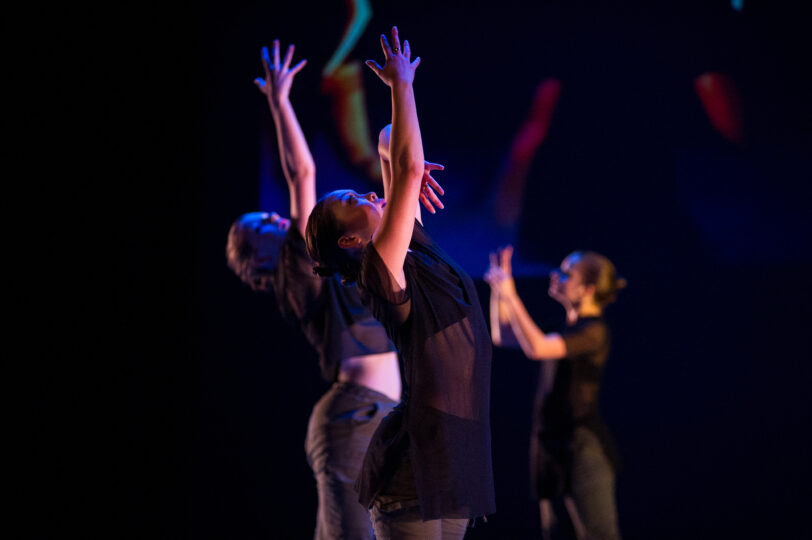
“Embodiment theory asks us to consider our corporeal being as more than a vehicle to transport our minds or a physical object that does and receives action and allows us to consider the body’s own intelligence and its contributions to identity formation… Social media removes us from our corporeality, reinforcing the notion of a mind/body binary. Embodiment theory demonstrates the vital role of the body in attaining and maintaining a healthy, productive relationship to self and others in order to function in society. An identity lacking corporeality is already at risk for coherence, and without bodily involvement on social media, identity becomes an object which can be commodified.”
Identity is FLUID not fixed.
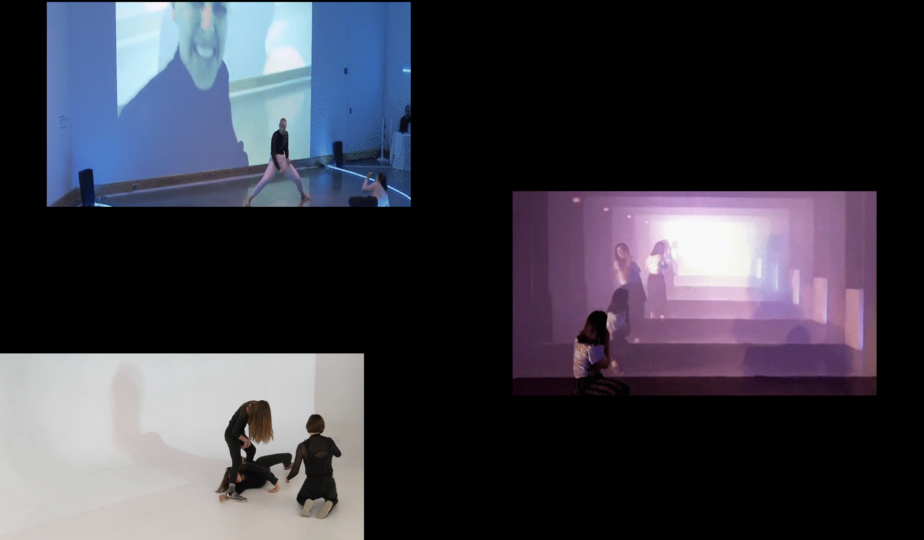
“Many fields and disciplines of study have shifted from a definition of identity as a fixed, static, or predetermined state toward a more fluid interpretation that sees identity as something that one ‘does’ or performs.”
“With the introduction of the internet and eventually social media, performativity took on new possibilities no longer bound by our corporeal being… Just as we are both a physical body and the result of complex interactions between body and environment, our identity is the result of both our daily performances of self and the proliferation of our virtual identity performances. In other words, I do not merely create my digital image and it does not merely represent me, as we are not in a linear relationship.”
CYBORG
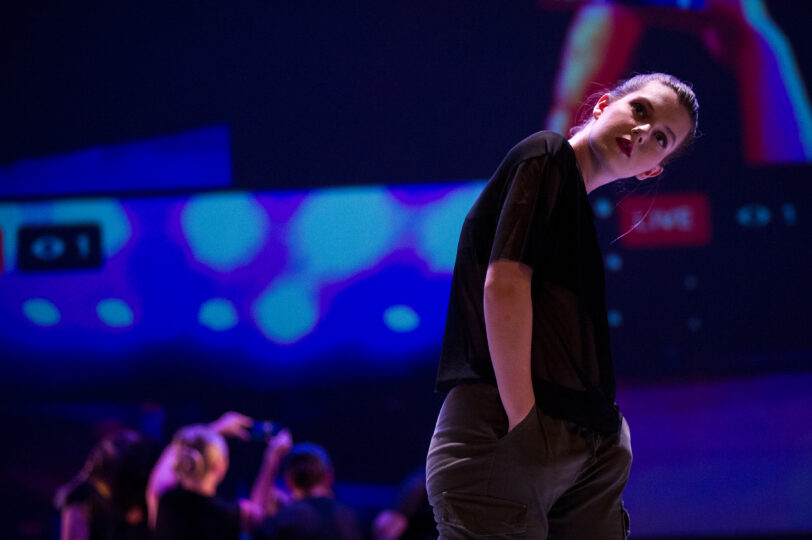
“I want to be a cyborg – a hybrid organism physically, mentally and virtually – a creature with fluid internal borders, a fluid sense of self or identity. It is this concept of fluidity that makes the cyborg a thing of wonder and of truth, of metaphor and concrete reality. The clinging to internal boundaries of identity limits our imagination and creates a binary sense of self; a black-or-white, this-or-that understanding of who we are or can become. I argue for expanding our understanding of distinctness so that we might imagine a future ontology not of ‘this’ or ‘that’ as we can already articulate, but one we haven’t yet conceived.”
BODY without ORGANS
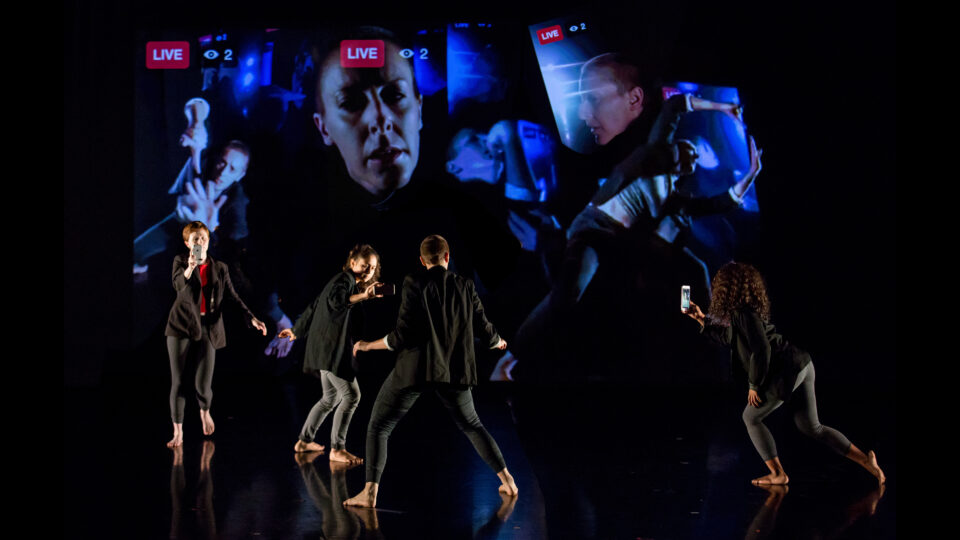
“This world loves to subjectify us; to signify our organism according to its own set of ideals; perhaps to ‘fix’ us; both mending and immobilizing; to keep us in place, easily categorizable, docile, controllable (think of how signifiers function on the internet, particularly through social media, to neatly categorize us, primarily so we can be sold to). If we do not imagine beyond the body, we remain fixed to dominant understandings of reality. We can think of the ‘organism’ as our identity and an ‘organ’ as a signifier of identity we believe to be immutable. Gender, for example. Removing the organ from the organism frees us of subjectification that has been socially constructed on us.”
QUEERING Reality
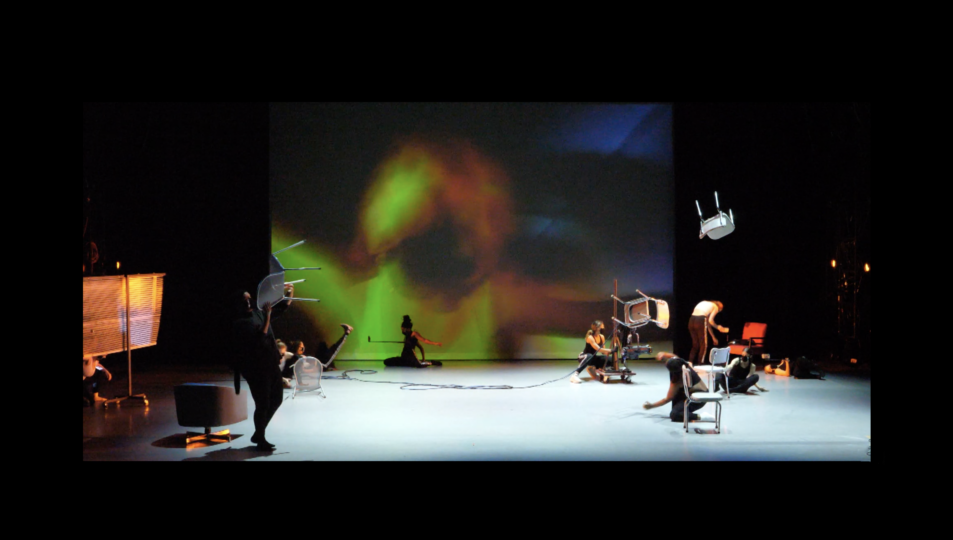
“We use queering as an active state of imaging beyond our dominant reality. The cyborg helps us understand this by rejecting binaries and seeking new hybrids and assemblages.”
“For some, the task of confusing borders is entirely necessary to survival. The binary border can be violent to those who belong to neither articulated side. While I am sympathetic to the psychology around why humans use language and categories to understand and make sense of their world… the cyborg questions the binding quality of the boundaries implied through our use of language… As a cyborg, I strive to not assign distinction so quickly but look for the fluidity of any given meaning before deciding how I want to proceed with my understanding, particularly of myself. Both cyborg theory and the body without organs offer guiding principles for a future ontology I cannot yet articulate, but can imagine, desire, become.”
Relationship to TECHNOLOGY
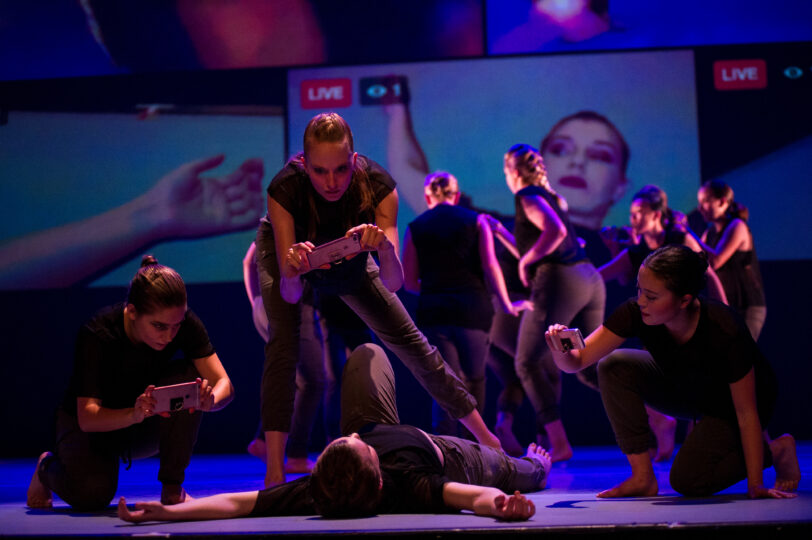
“I have been concerned with how technological somnambulism, or blindly following technological trends, translates to giving up our power in larger societal issues. What if these technological habits are keeping us isolated in myopic bubbles, embedded in the constant present tense and vying for attention, and keeping us from looking widely and critically at our own actions the their potential effects on others? The metaphor of the cyborg is ripe for adaptation to today’s global politics, but here we will focus on identity politics, with the belief that societal change happens fractally, beginning at the personal level and what happens singularly ripples ever outward to affect many.”
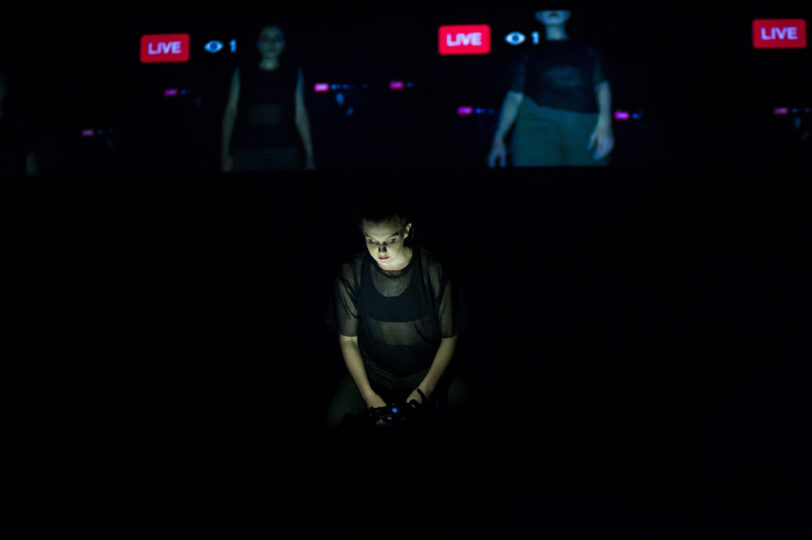
FRACTALS
“If we can’t imagine beyond or find the courage to confront the systems of white supremacy in something as (seemingly) innocuous as social media, we are very likely unable to confront injustices at the larger scale. We must PRACTICE at the small level what we wish to change at the larger level.”
Experience the confluence of these themes in the virtual rendition of In the Ether, presented on its own specially-made website. Performances run December 3-6 at 7:30 p.m. with a preview on December 2 at 7:30 p.m. Click here to learn more and purchase pay-what-you-can tickets for this unique digital experience that invites you, the audience, to discover along with the performers.



